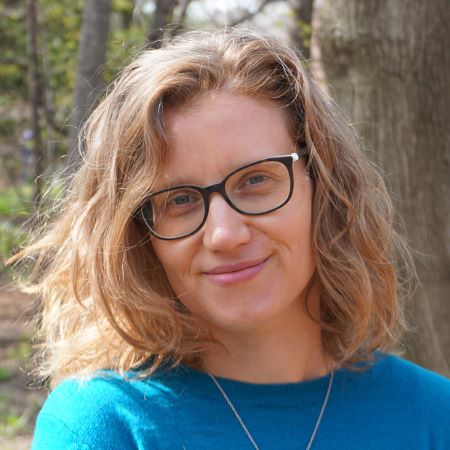Emmanuelle Bernheim
Holder
Emmanuelle Bernheim has been working for fifteen years on the relationship between law and mental health in civil matters, and more recently in criminal and administrative matters. Since she began as a professor in the Department of Legal Sciences at UQAM, she has obtained more than fifteen external grants totalling more than three and a half million dollars. The impact of her work takes different forms, such as the popularization of documents and the organization of information services in the courts, the development of training for the judiciary and health professionals, the integration of psycho-social support resources in legal clinics, and the orientation of recommendations from public organizations and public policies. The Chair will expand the scope of its work and achieve an international reach that will position the University of Ottawa and Canada at the forefront of mental health and access to justice.
The excellence and originality of Professor Bernheim's work are based on interdisciplinary, applied and partnership research approaches. With a dual background in law and sociology, she has cultivated knowledge and collaborations in both disciplines since the beginning of her career as evidenced by the diversity of her papers and publications as well as the composition of the research teams with which she works. After defending a thesis conducted in interdisciplinary co-supervision on clinical and judicial decisions of hospitalization and psychiatric care without consent, for which she won three prestigious prizes - including the prizes for the best thesis in private law and in humanities and social sciences - she developed an original and ambitious research program on access to justice and its implementation for marginalized citizens in the fields of mental health, youth protection and self-representation before the courts. In addition to a significant scientific output - cited in the scientific literature, legal doctrine, community organizations, public agencies and the courts - it has developed, for a variety of groups such as users of the health and justice systems, legal and health professionals, etc., guides on rights, research reports, slide presentations to share, as well as contributing to public events and training.
One of the strengths of Professor Bernheim's work is the participation of partners from different backgrounds: legal clinics and community centers, advocacy organizations, the judiciary, government departments, etc. These partners from various backgrounds contribute directly to her different projects, ensuring their social relevance and for a diversity of knowledge users, facilitating access to the research fields and integrating their practical and concrete concerns. The combination of an original and poorly documented research problem and these interdisciplinary, applied and partnership approaches constitutes a unique contribution to research in law, sociology of law and access to justice.
